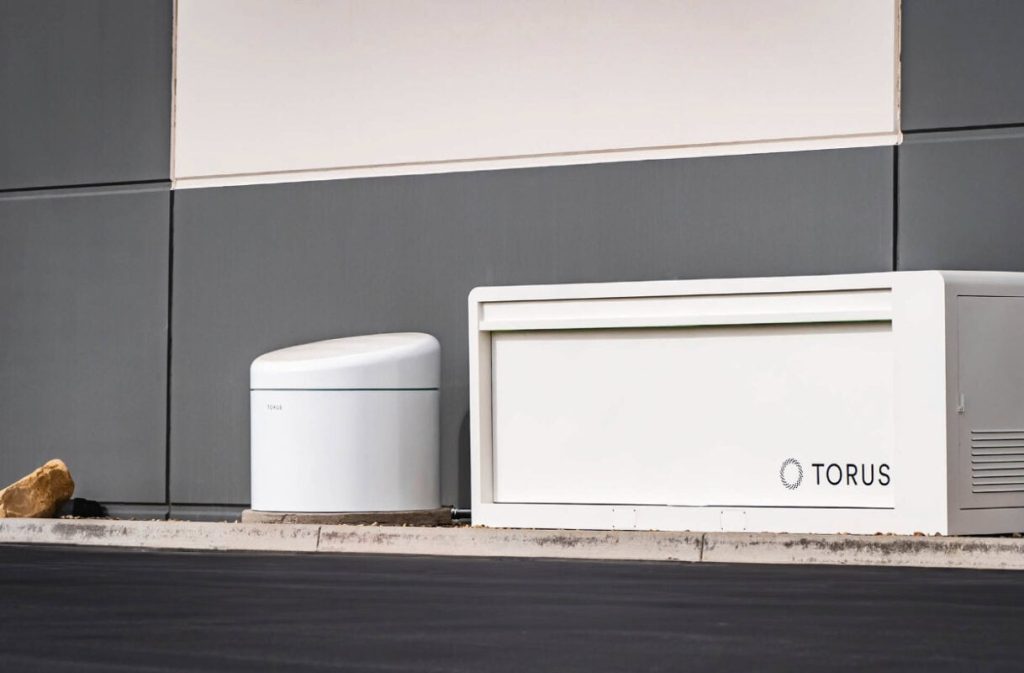Non-lithium energy storage tech firms Torus and Alsym raise combined US$145 million

Massachusetts-based Alsym meanwhile has raised US$78 million in venture capital funding from Tata Sons, part of the large Indian conglomerate Tata, and General Catalyst, it announced on the same day as Torus (3 April). Its fundraise also saw participation from Thrive Capital, Thomvest and Drads Capital.
Torus to scale up flywheel tech and software offering
Torus deploys residential and commercial-sited energy storage systems using flywheel technology and offers virtual power plant (VPP) solutions in collaboration with utilities like Rocky Mountain Power in Utah through its Wattsmart programme. It also has an energy management system (EMS) which it said allows it to connect to third-party products like inverters and batteries.
The company claims its flywheel-based technology is differentitated from chemical batteries by being 95% recyclable, unaffected by temperature fluctuations and has a 25-year service life.
Torus added that it will use the new funds to “deepen its energy solutions portfolio in the commercial and large-scale utility sectors and add critical talent to the Torus team.”
Two immediate additions are at board level, with the additions of Brent Hill, MD of Origin Ventures, and David Bywater, former CEO of home security firm Vivint Smart Home and its former solar arm Vivint Solar, which was acquired by solar installer Sunrun in 2020.
Alsym raises capital for mystery non-lithium battery technology
Alsym has not publicly revealed what battery chemistry it uses but has said it is a “low-cost, high-performance rechargeable” and contains no lithium or cobalt.
It will use the fresh funding to grow its Boston-based team and expand prototyping and pilot lines to address growing customer demand for samples.
The first product is called Alsym Green, and it’s claimed to offer a superior system-level energy density than other non-lithium battery chemistries. It said it is applicable for stationary energy storage as well as maritime and automotive (two- and three-wheelers and consumer vehicles).
Energy-Storage.news has asked the company for more details on its battery chemistry and will update this article if a response is received.
